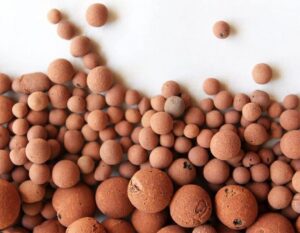It’s really simple to become dehydrated; one day you may feel alert and on top of your water consumption, and the next you may feel drained and less than your best (via MedicalNewsToday). Dehydration can occur when we’re too busy, don’t have access to adequate water, are perspiring, throwing up, or have diarrhea.
Since water makes up around 75 percent of our bodies, it’s critical to keep hydrated. While meals with a high water content, including fruits and vegetables, can help us stay hydrated, we also need to make sure we’re drinking lots of liquids (per MedicalNewsToday). We can begin to feel thirsty, pee less frequently, and have darker urine when we are not consuming enough water or when we are losing too much.
We may suffer headaches, a dry mouth, vertigo, tiredness, and weakness as dehydration worsens. Serious dehydration begins in and gets more hazardous when 10-15% of the body’s water is lost; symptoms include low blood pressure, an accelerated heart rate, a fever, confusion, and even unconsciousness.
You might already be dehydrated
We are obviously not consuming any water while we sleep. In fact, our hydration levels may be impacted by the way we sleep as well. A 2006 research found that mouth breathing while sleeping results in a 42 percent greater loss of bodily fluids than nasal breathing. Even while health professionals say dehydration when we sleep is unlikely to have serious consequences like cognitive impairment, it’s still important to be aware of.
Dehydration is still a huge problem, according to Dr. Rebecca Scott, research assistant professor of neurology at the NYU Langone Comprehensive Epilepsy Center-Sleep Center, who spoke with The Healthy. This is because the majority of individuals aren’t properly hydrated to begin with. If you’re thirsty, you’re probably already dehydrated, according to her.
Surprisingly, a 2019 study published in the journal Sleep suggests that sleep deprivation may be linked to dehydration. According to the study, those who only get six hours of sleep each night are considerably more likely to be dehydrated than people who get eight hours.


